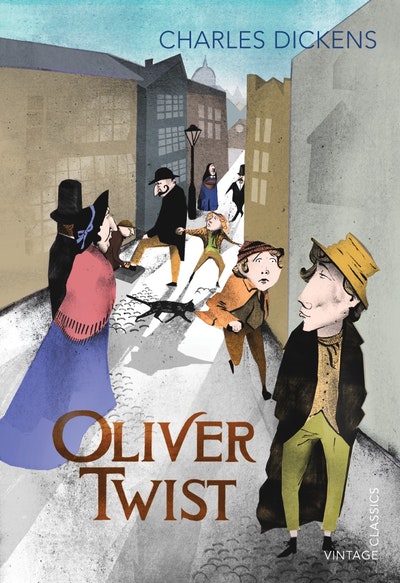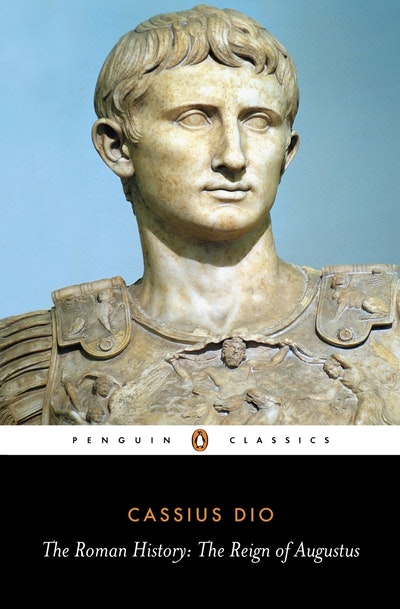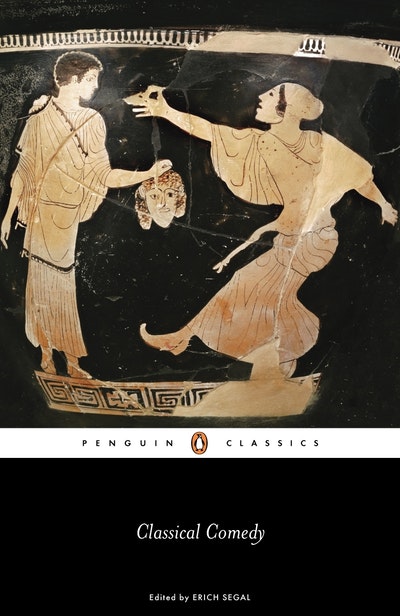- Published: 1 October 1965
- ISBN: 9780140441499
- Imprint: Penguin Classics
- Format: Paperback
- Pages: 272
- RRP: $32.99
The Pot of Gold and Other Plays
A collection of witty and scathing plays giving insight in to the vagaries of Roman life
One of the supreme comic writers of the Roman world, Plautus (c.254-184 BC), skilfully adapted classic Greek comic models to the manners and customs of his day. This collection features a varied selection of his finest plays, from the light-hearted comedy Pseudolus, in which the lovesick Calidorus and his slave try to liberate his lover from her pimp, to the more subversive The Prisoners, which raises serious questions about the role of slavery. Also included are The Brothers Menaechmus, which formed the prototype for Shakespeare's The Comedy of Errors, and The Pot of Gold, whose old miser Euclio is a glorious study in avarice. Throughout, Plautus breathes new, brilliant life into classic comic types - including deceitful twins, scheming slaves, bitter old men and swaggering soldiers - creating an entertaining critique of Roman life and values.
- Published: 1 October 1965
- ISBN: 9780140441499
- Imprint: Penguin Classics
- Format: Paperback
- Pages: 272
- RRP: $32.99

























































































































































































































































































































































































































































































































































































































































































































































































































